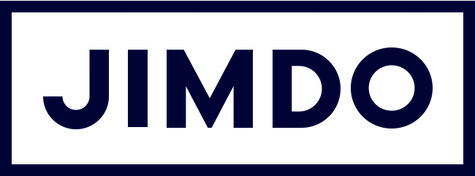Diese Seite wurde mit Jimdo erstellt!

Mit Jimdo kann sich jeder kostenlos und ohne Vorkenntnisse eine eigene Homepage gestalten. Design auswählen, Klick für Klick anpassen, Inhalte in Sekunden integrieren, fertig!
Jetzt unter de.jimdo.com für eine kostenlose Webseite anmelden und sofort loslegen.
The DGSKA RG Circumpolar Regions and Siberia hosts the following workshop at the DGSKA conference in Cologne. Submit your abstract until 15 January 2025
P014: Changing practices of commoning and egalitarian relations in the Arctic and Siberia: New forms of governance and social activism
Hosts: Sophie Elixhauser, Otto Habeck, Gertrude Saxinger
Format: in-person only (no option for hybrid or online participation)
Arctic societies’ legacy of egalitarian relations and commoning has been impacted by colonial governance. We explore new practices of commoning in line with self-determination, cultural revitalisation, and environmental justice. We ask how ideas of egalitarianism inform current modes of activism.
Long Abstract:
Practices of commoning and egalitarian relations in the Arctic and Siberia have changed significantly over time. Both concepts emphasise shared responsibility, collective decision-making, and equality. In pre-colonial societies, commoning practices involved the shared use, management and control of resources. Egalitarian relations were manifested in minimal social hierarchies, flexible gender roles, relatively equal distribution of power, and respect for the autonomy of each person (human and non-human). However, the image of all northern societies as egalitarian has also been challenged, so the concept of egalitarianism may require a reassessment. With the arrival of colonial powers, new social, economic, and legal frameworks were imposed that often conflicted with Indigenous ways of life: the introduction of private property, centralised resource management, hierarchical governance, and rigid gender norms. Today, many groups in the Arctic and Siberia are working to revive commoning practices. These resonate with broader movements for self-determination, cultural revitalisation, and environmental justice. New such practices have also emerged, including forms of self-governance or self-reliance projects involving young people and aimed at alleviating social problems. Relevant questions are:
- To what extent do current political and social systems incorporate, or are willing to incorporate egalitarian values?
- What new forms of commoning and egalitarian relations are emerging?
- How do practices and discourses of commoning and egalitarian values differ across generations, genders, and different forms of social and economic organisation?
- How are people in the North re-imagining their respective histories? How does this influence current approaches to governance and activism?
How to submit your abstract:
Paper proposals must consist of a paper title, the name(s) and email address(es) of author(s), a short abstract of less than 300 characters and a long abstract of less than 250 words.
Please note: All proposals must be submitted via the online form in the panel list, not by email. Please visit the “Panel List” and scroll down to our workshop P014. There is a ‘propose’ link below the long abstract of the panel page and also next to the title of the panel. Click on the proposal link to submit your proposal directly to our panel.
The conference is in-person only (no option for hybrid or online participation)
